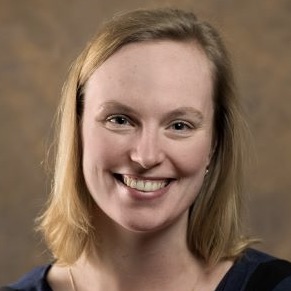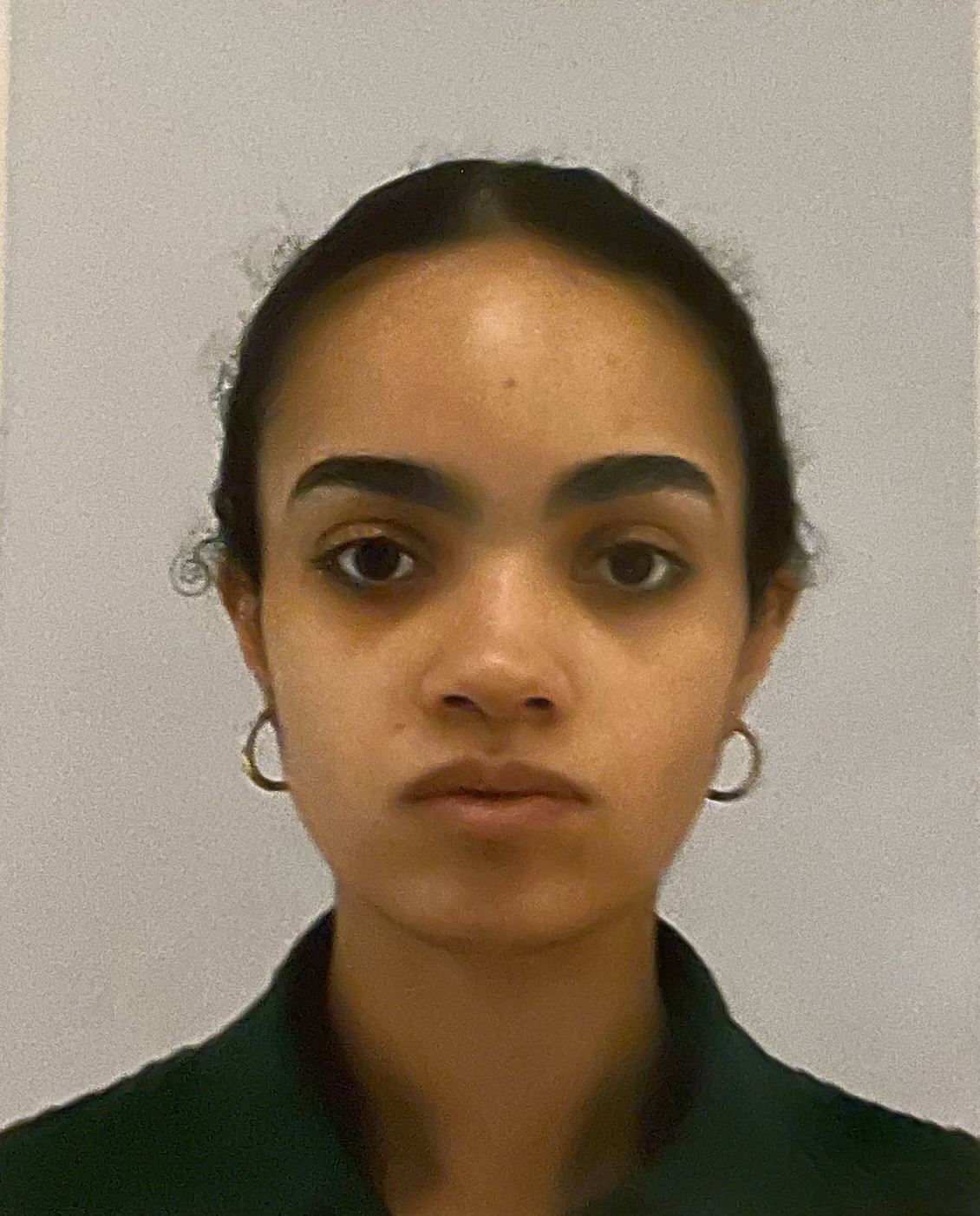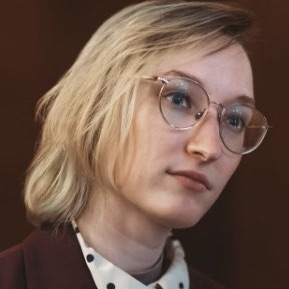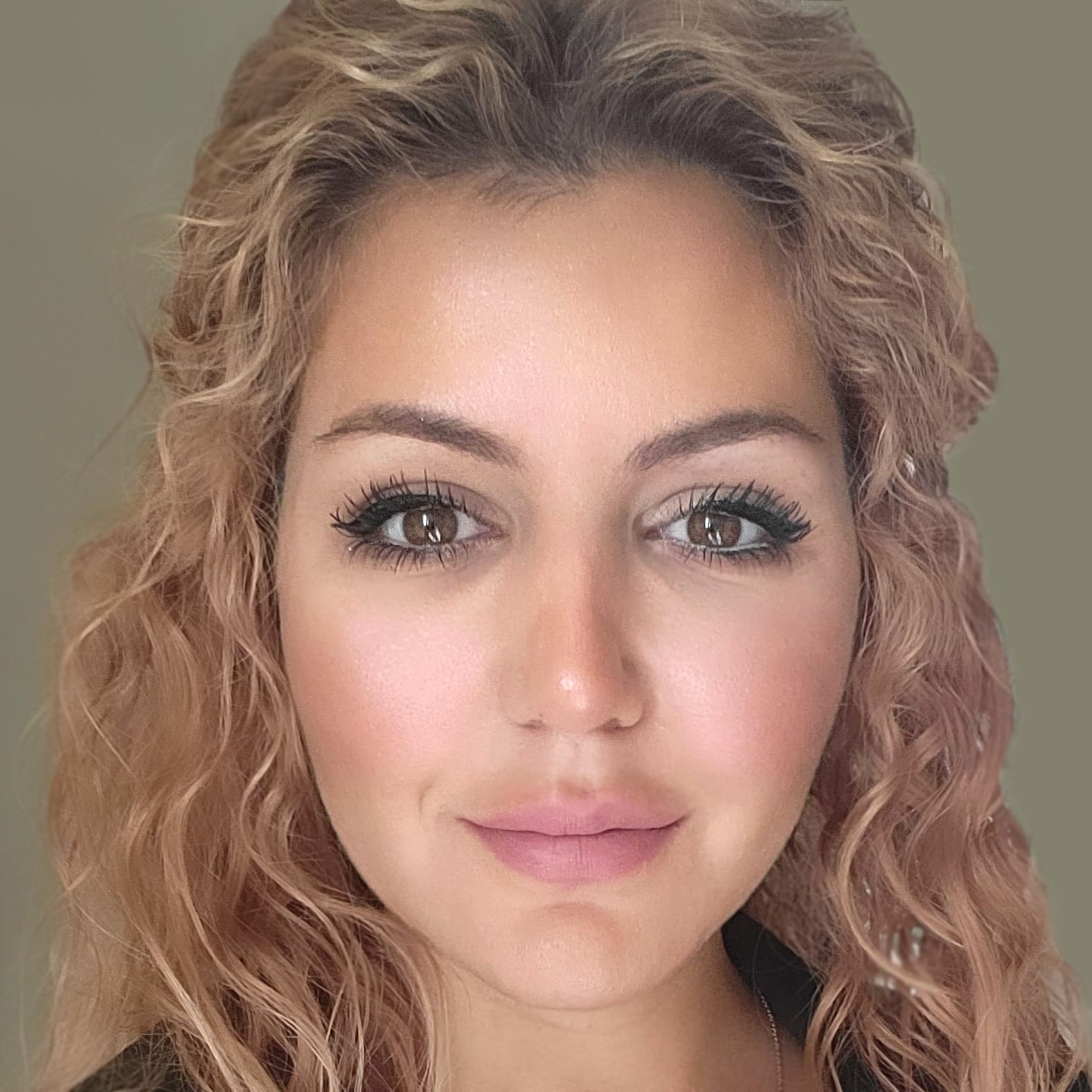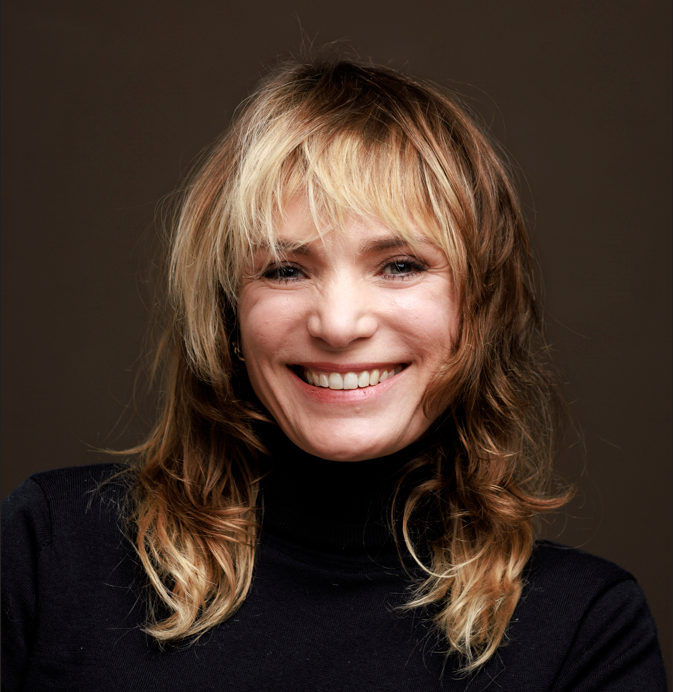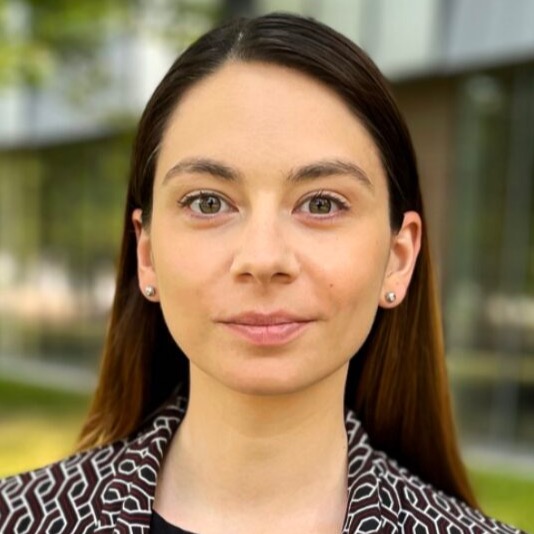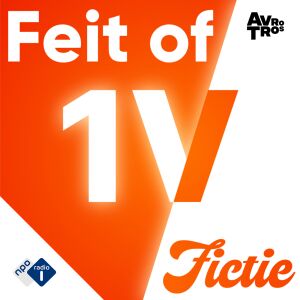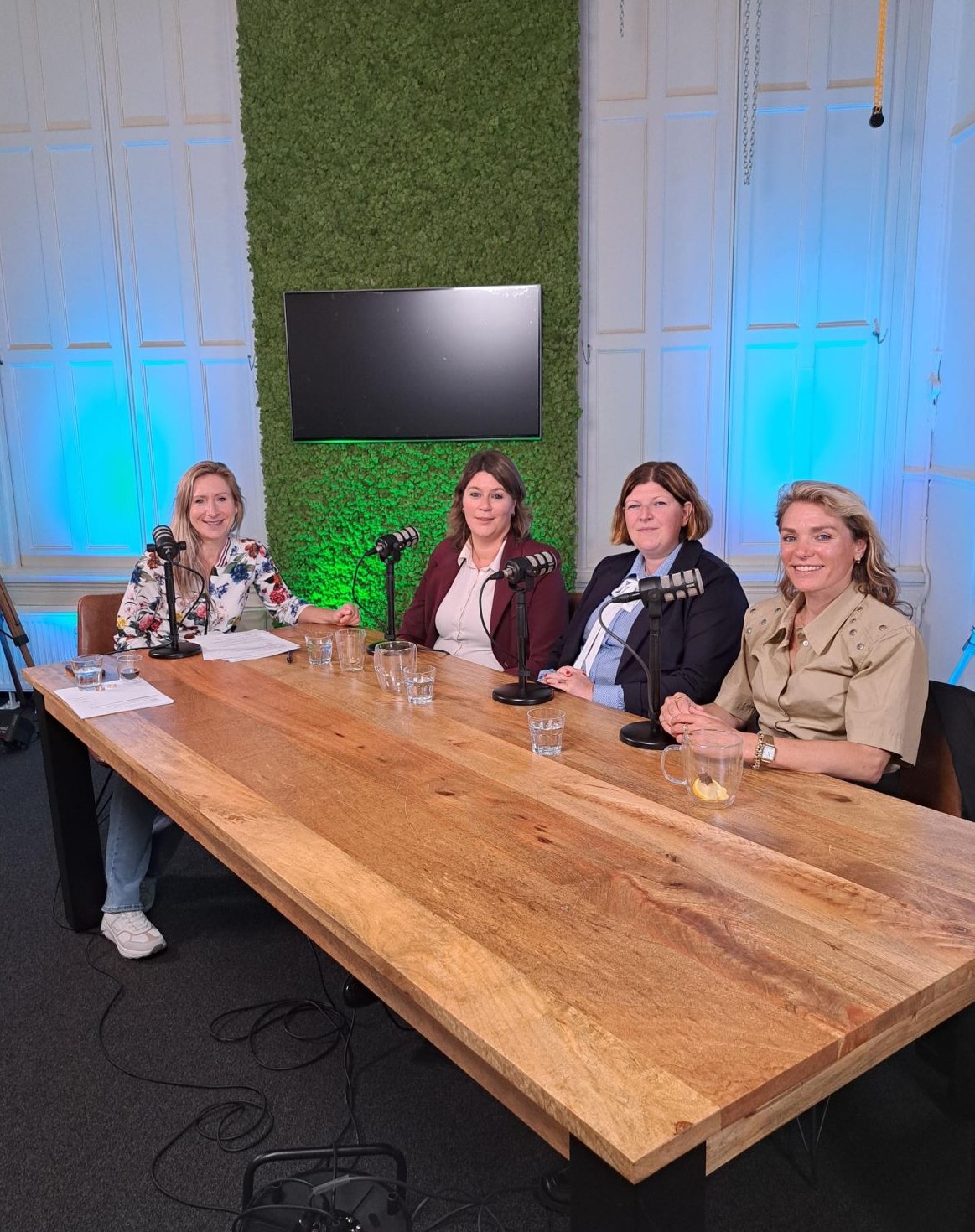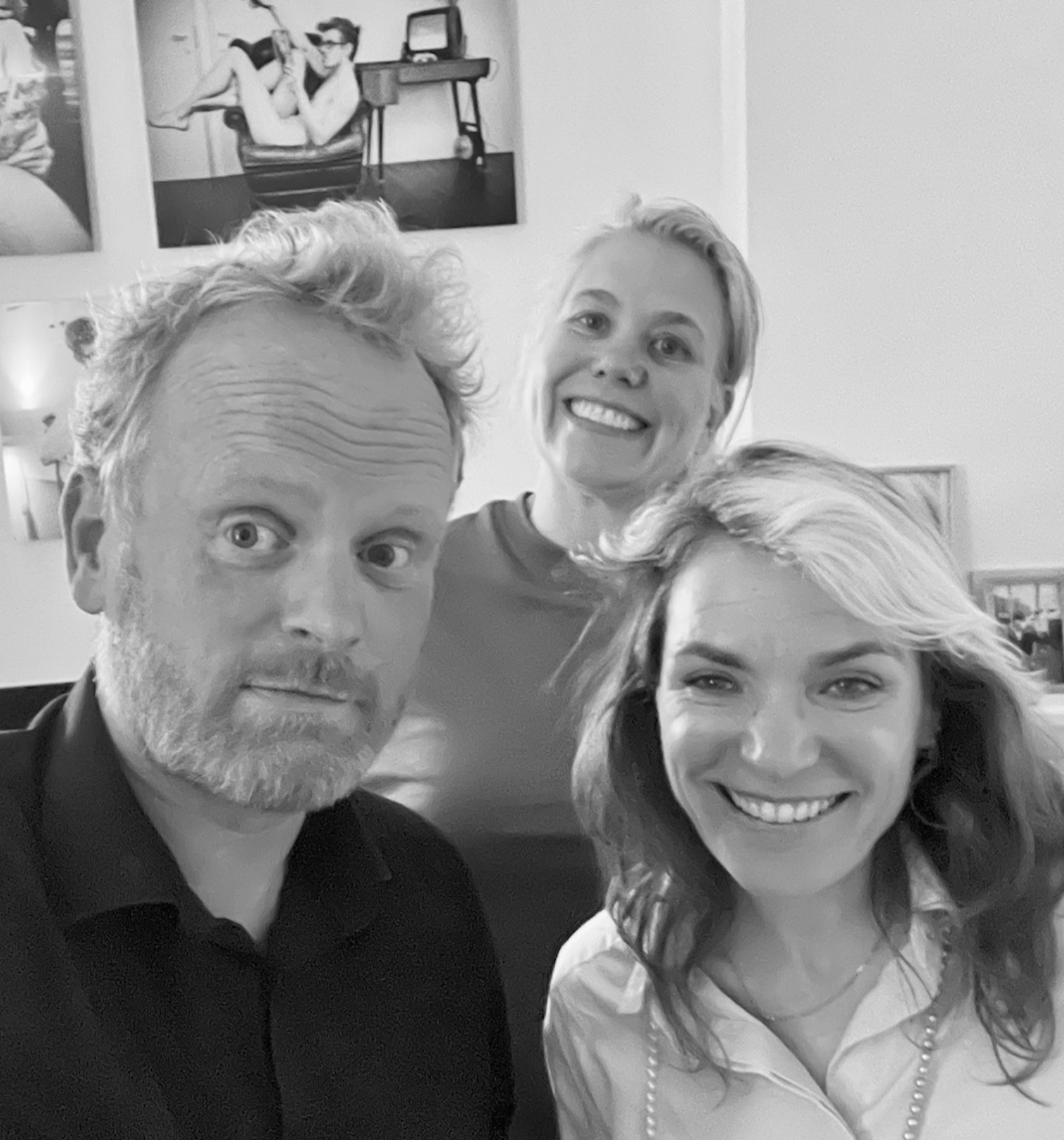Intersectionality is a theory, method and praxis to understand political marginalization and privilege and to counter inequalities based on intersections of – among others – gender, sexuality, race/ethnicity, ability, religion, age, class, and citizenship. In our work we examine fruitful ways to apply intersectionality in political science research, methods, and teaching. We also we incorporate intersectionality in practical policy advice and popular scientific interventions.
Theme Intersectionality
- Details


